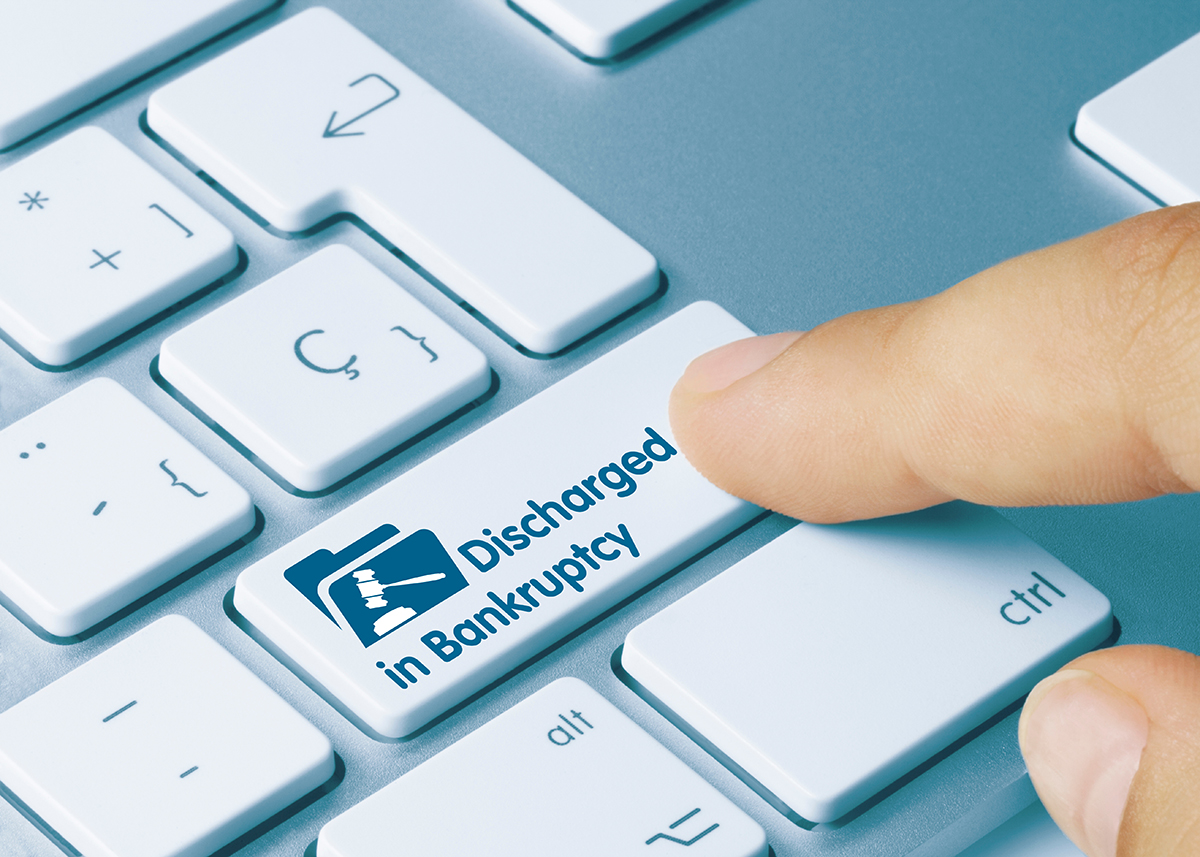Table of Contents
ToggleWhen a person is unable to pay their debts, their creditors may initiate a collection process, which can be stressful and overwhelming for the debtor. Filing for bankruptcy, the debtor can put a halt to this collection process. Once bankruptcy is declared, an automatic stay is put in place, preventing creditors from pursuing further collection actions. This stay provides the debtor with much-needed relief and breathing space to consider their options.
Bankruptcy is a legal process that allows debtors who are unable to meet their debt obligations to either reorganize their debts or obtain relief from them. It provides a mechanism to regain control of a discouraging financial situation and start afresh.
Disqualification from Filing Bankruptcy in Sterling Heights
Filing for bankruptcy in Sterling Heights can be a key step for debtors seeking relief from overwhelming debt. However, not everyone qualifies to file for bankruptcy, as several factors can disqualify debtors from this legal recourse. Factors such as recent bankruptcy dismissals, evidence of fraudulent activity, and having previously received a bankruptcy discharge within a specified period can all impact your eligibility.
Other elements such as failing to meet mandatory credit counseling requirements, having sufficient income to repay debts, having debts that do not qualify for discharge, or not completing the necessary paperwork or meeting court deadlines can lead to dismissal of the debtor’s case.

Failure to Complete Credit Counseling
Credit counseling aims to educate debtors on money management, budgeting, and debt repayment strategies. Without this knowledge, debtors may struggle to effectively manage their finances, leading to increased debt, missed payments, and a lower credit score.
Failure to complete credit counseling can result in missed opportunities for financial improvement. Without completing this counseling, debtors may not be eligible for bankruptcy, thus missing out on a potential solution to their financial challenges.
For those who have failed to complete credit counseling, there are potential solutions available. They can reach out to the credit counseling agency to discuss the reasons for their failure and explore options for completing the counseling remotely or in a flexible manner.
Recent Bankruptcy Discharge
A previous bankruptcy discharge can significantly impact a debtor’s ability to address their current debt obligations and can disqualify them from filing for bankruptcy again within a certain time frame. This period depends on the type of bankruptcy previously filed.
For debtors who have filed for Chapter 7 bankruptcy, they must wait eight years from the date of their previous Chapter 7 discharge before they can file for Chapter 7 bankruptcy again. This discharge means their unsecured debts, such as credit card debt or medical bills, are eliminated, and they are no longer legally obligated to repay those debts. However, certain debts, like student loans or tax debts, may not be discharged.
In the case of Chapter 13 bankruptcy, debtors must wait two years from the date of their previous Chapter 13 discharge before they can file for Chapter 13 bankruptcy again. During a Chapter 13 bankruptcy, debtors enter into a repayment plan lasting between three to five years, making regular payments to their creditors to repay a portion of their debts. Once the repayment plan is successfully completed, any remaining eligible debts are discharged.
A recent bankruptcy discharge can have a huge effect on a debtor’s credit profile, remaining on their credit report for up to ten years. This can make it more challenging to obtain credit or loans, as lenders may view them as high-risk borrowers and charge higher interest rates or require collateral.

Filing Bankruptcy Fraudulently or Abusively
Filing bankruptcy fraudulently or abusively will disqualify a debtor from being able to file for bankruptcy again. This is because the bankruptcy system is designed to help those who are genuinely in financial distress, not those who want to game the system.
When a debtor is caught hiding assets, lying about their income, or repeatedly filing for bankruptcy to dodge debts, it shows that they are not acting in good faith. The court takes these actions very seriously. If the court determines that a debtor has been dishonest or is trying to manipulate the system, it can dismiss the bankruptcy case. This dismissal means the debtor loses the protection and relief that bankruptcy offers.
Being caught for fraudulent or abusive filing can result in a debtor being barred from filing for bankruptcy again for a set period, or in some cases, permanently.
In addition to disqualification, fraudulent or abusive filers can face other severe penalties, including fines and even criminal charges. This adds another layer of deterrence against dishonest practices, ensuring the bankruptcy process remains fair and effective for everyone.
Failure to Disclose Assets or Financial Information Accurately
Failure to accurately disclose assets or financial information can have serious consequences and challenges and can disqualify from the bankruptcy process. Misrepresenting or hiding assets can be seen as fraudulent behavior and may result in legal consequences such as fines, penalties, or even criminal charges.

Contact Frego & Associates today to determine if you are eligible to file bankruptcy.
FAQs
The means test determines if your income is low enough to qualify for Chapter 7 bankruptcy. If your income exceeds the median income for a household of your size in Michigan, you may be disqualified from filing Chapter 7 and may need to consider Chapter 13 instead. [1]
To qualify for Chapter 13, you must have a regular income that allows you to create a feasible repayment plan. Insufficient income to meet the repayment requirements can disqualify you from Chapter 13 bankruptcy. [2]
Yes, providing incomplete or inaccurate documentation can result in your bankruptcy case being dismissed. It is key to provide complete and accurate information regarding your income, assets, debts, and expenses when filing for bankruptcy. [3]
Sources:
[1] United States Courts. (2019). Chapter 7 – Bankruptcy Basics. United States Courts. https://www.uscourts.gov/services-forms/bankruptcy/bankruptcy-basics/chapter-7-bankruptcy-basics
[2] United States Courts. (2019). Chapter 13 – Bankruptcy Basics. United States Courts. https://www.uscourts.gov/services-forms/bankruptcy/bankruptcy-basics/chapter-13-bankruptcy-basics
[3] Bankruptcy fraud. (n.d.). LII / Legal Information Institute. https://www.law.cornell.edu/wex/bankruptcy_fraud




